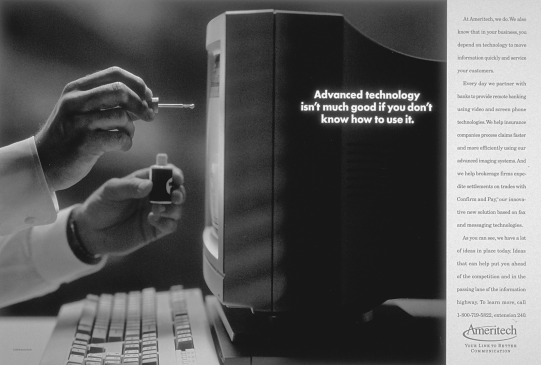
Figure 10.1 Yeah, it takes a while to adapt to new media.
10Digital Isn't a Medium, It's a Way of LifeAds, Media, Content, and Customers—They've All Gone Digital
For 50 years, print, radio, and television commercials were pretty much all that ad agencies created. Times were good. Not because everybody was constantly drunk like in Mad Men. They were good because as long as agencies could buy the media and control the message, they pretty much owned a prospective customer's attention.
Then, before you could say, “I'll have an Old Fashioned,” it all changed.
The emergence of the social Web and the arrival of YouTube, Facebook, Twitter, and smartphones threw a massive wrench into the world of advertising. All of a sudden people had the ability to filter or avoid advertising altogether. Overnight, they had new ways to control when, where, and how they accessed information. They could share videos and distribute links. They could create and publish their own content. And since the Internet is essentially infinite, media became abundant while attention grew scarce—the complete opposite of the world for which ad agencies were created.
These changes—social media, user-generated content, and the new digital devices that helped enable them—brought disruption to every creative industry, not just the ad industry. The music business, book publishers, newspapers, television, even video games ...
Get Hey, Whipple, Squeeze This now with the O’Reilly learning platform.
O’Reilly members experience books, live events, courses curated by job role, and more from O’Reilly and nearly 200 top publishers.

